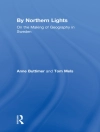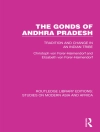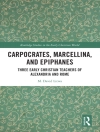The popular culture of urban and rural tsarist Russia revealed a dynamic and troubled world. Stephen Frank and Mark Steinberg have gathered here a diverse collection of essays by Western and Russian scholars who question conventional interpretations and recall neglected stories about popular behavior, politics, and culture. What emerges is a new picture of lower-class life, in which traditions and innovations intermingled and social boundaries and identities were battered and reconstructed.
The authors vividly convey the vitality as well as the contradictions of social life in old regime Russia, while also confronting problems of interpretation, methodology, and cultural theory. They tell of peasant death rites and religious beliefs, family relationships and brutalities, defiant peasant women, folk songs, urban amusement parks, expressions of popular patriotism, the penny press, workers’ notions of the self, street hooliganism, and attempts by educated Russians to transform popular festivities. Together, the authors portray popular culture not as a static, separate world, but as the dynamic means through which lower-class Russians engaged the world around them.
In addition to the editors, the contributors to this volume are Daniel R. Brower, Barbara Alpern Engel, Hubertus F. Jahn, Al’bin M. Konechnyi, Boris N. Mironov, Joan Neuberger, Robert A. Rothstein, and Christine D. Worobec.
Sobre el autor
Stephen P. Frank is Assistant Professor of History at the University of California, Los Angeles.
Mark D. Steinberg is Assistant Professor of History at Yale University.












